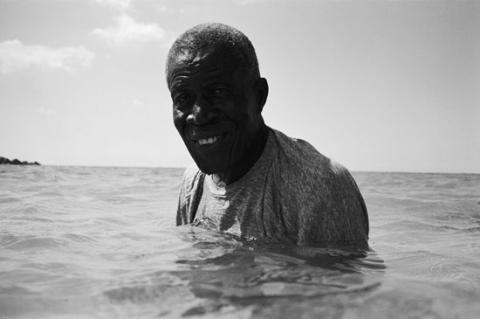
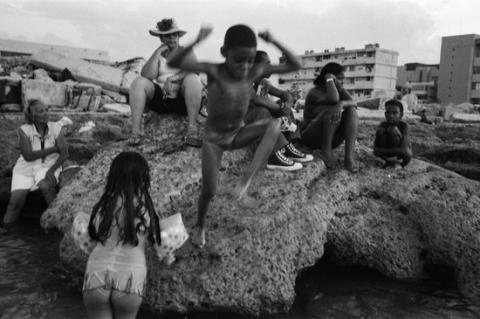
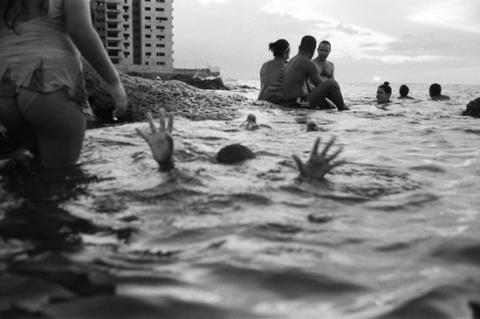
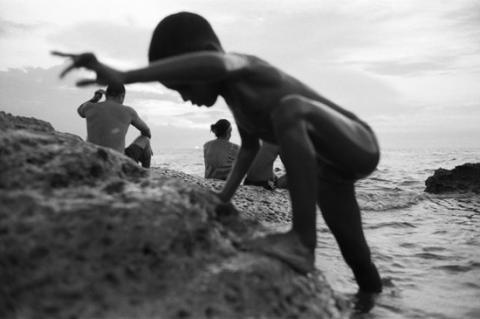
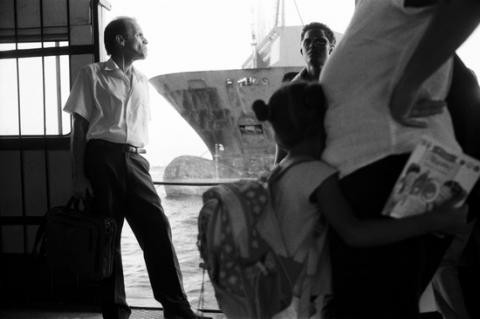
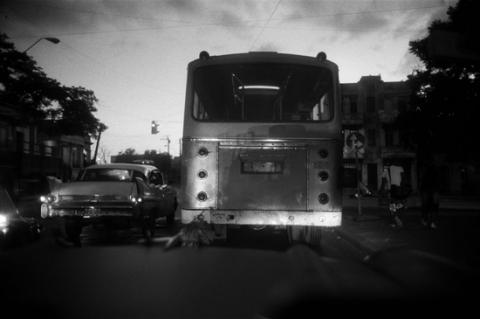
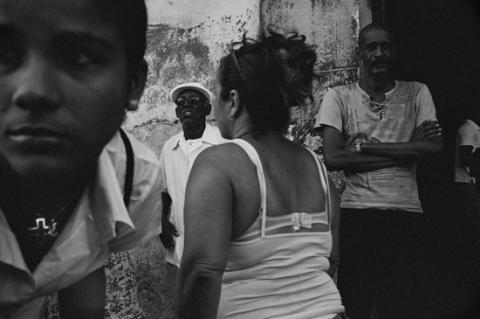
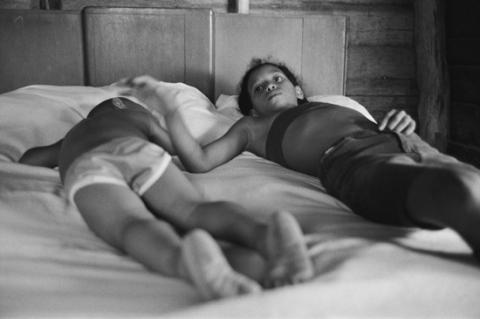
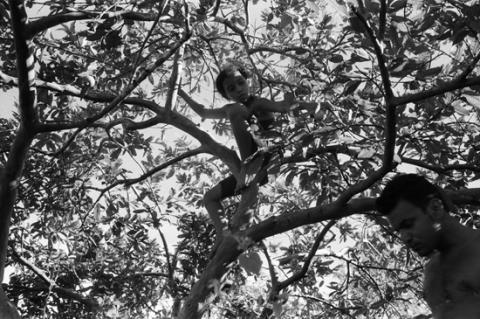
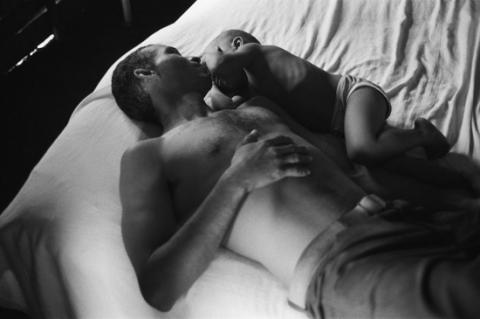
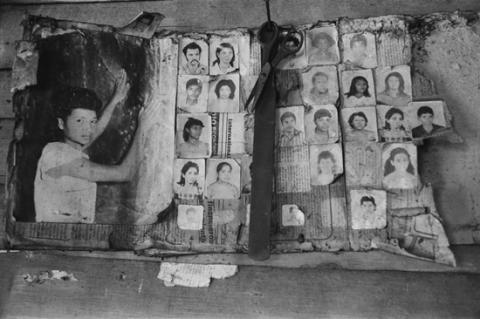
October 2009, Havana – Provincia Santiago de Cuba
Columbus called Cuba an earthly paradise.
A paradise where summer never ends.
Can photographs tell about it all – about heat, about smells which nothing has the ability to revive?
How can one tell about a hidden expectation of something that never happens, about a different feeling of time, about a country where nobody is ever in a hurry, but just lives in the present day. Where people greet each other with a languid exclamation “Ay, que calor” (“Ah, how hot it is”) and repeat this phrase dozens of times a day as a magic spell and as a guarantee of the absence of changes; as a promise that today will be exactly the same as yesterday, and tomorrow as the day before and today. Where day by day women repeat all the same habitual actions that become a kind of ritual – sorting rice, grinding and roasting coffee… Where a father keeps a chewing gum in order to bring it to his daughter. Where the food, a poor ration, can be bought with the food-cards and all the rest of the products are so expensive that few Cubans can afford buying them. Where people have so little of everything – freedom, including the freedom to travel and to leave the island, as well as money, goods, food, but at the same time, can be so happy and tender and caring about each other. Where each one, regardless if he is young or old, thin or fat, beautiful or not, “white” or “black”, mestizo or mulatto, doesn’t matter, finds himself a boyfriend or a girlfriend, because love is in their blood. Where a small town dies out for two evening hours, because everybody is watching a soap opera, which is almost the only window into the outer world for them… Where live the most beautiful people in the world (Cubans who left Cuba say that they only realize it when they have left the island, because before that they take it for granted).
Where newspapers publish Fidel’s address to the people every day…
…How can you possibly understand what’s going on in the hearts and minds of these people, in whose families there is so often a relative who had left forever, which almost equals to death, even if it means finding freedom and the beginning of a new life, and when the ones who were left behind still call themselves communists and speak about Fidel with glowing eyes…
…There is no photograph that would tell about a huge toad that lived behind the cupboard in my bedroom in Baire; about a gigantic cactus that I could see from my bed at Edy’s farm (through the window that didn’t have glass); about myriads of stars that I watched from the yard of Nino’s house in the mountains, feeling myself part of the universe as never before; how I lost my way in this house at night and, not willing to wake up anyone else, I walked along the walls for at least ten minutes in the thick darkness, till, at last, I touched the edge of my bed again…
Thirty days there feel like a whole life. And my photographs for me are a testimony that I really visited the Planet Cuba…
Probably, once, a long-long time ago, Cuba had been an earthly paradise, and, maybe, one day it would become it again.
Alexandra Demenkova, (1980)
Alexandra Demenkova werd geboren in Rusland, Kingisepp, en verblijft sinds 2008 in Amsterdam waar zij een artist in residence is geweest aan de Rijksakademie van Beeldende kunsten in Amsterdam tot eind 2009. Momenteel woont en werkt zij in Amsterdam en Rusland.
